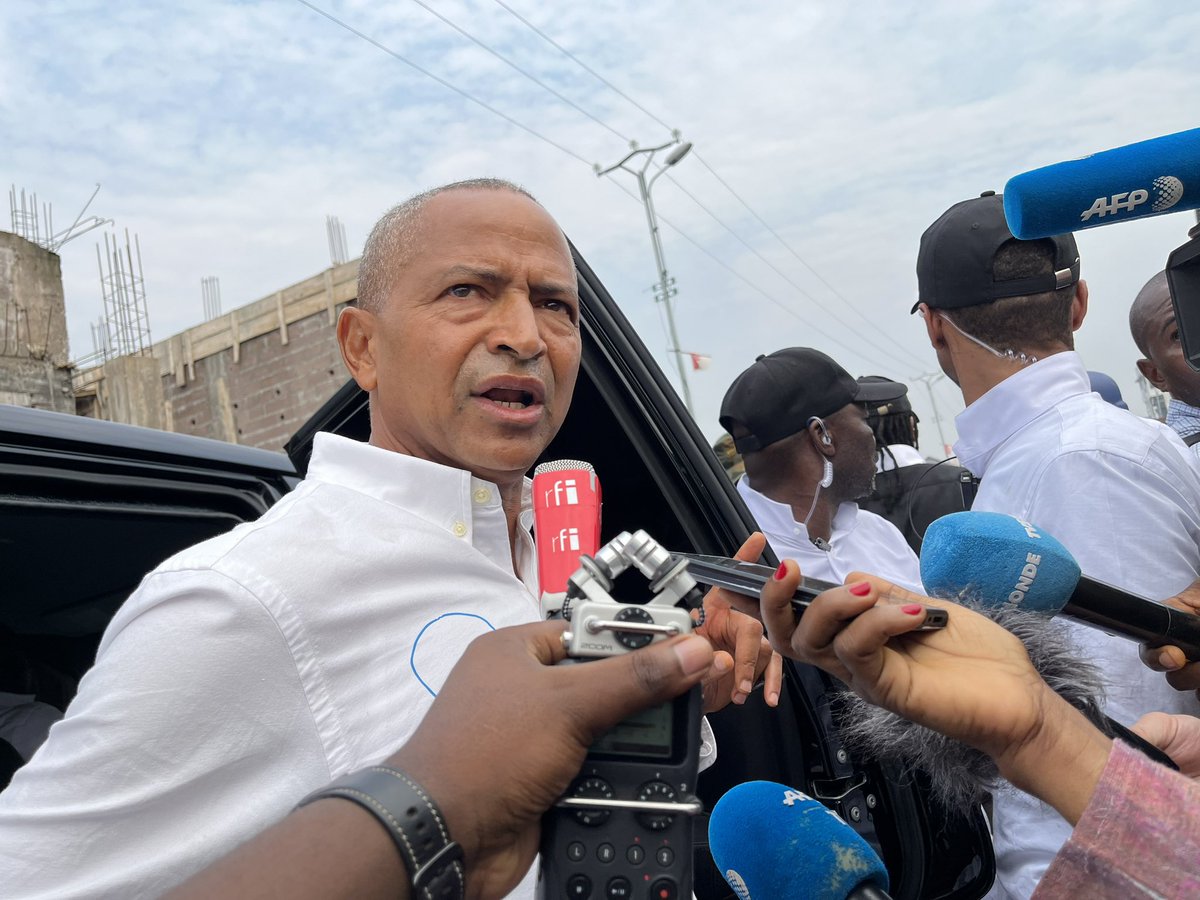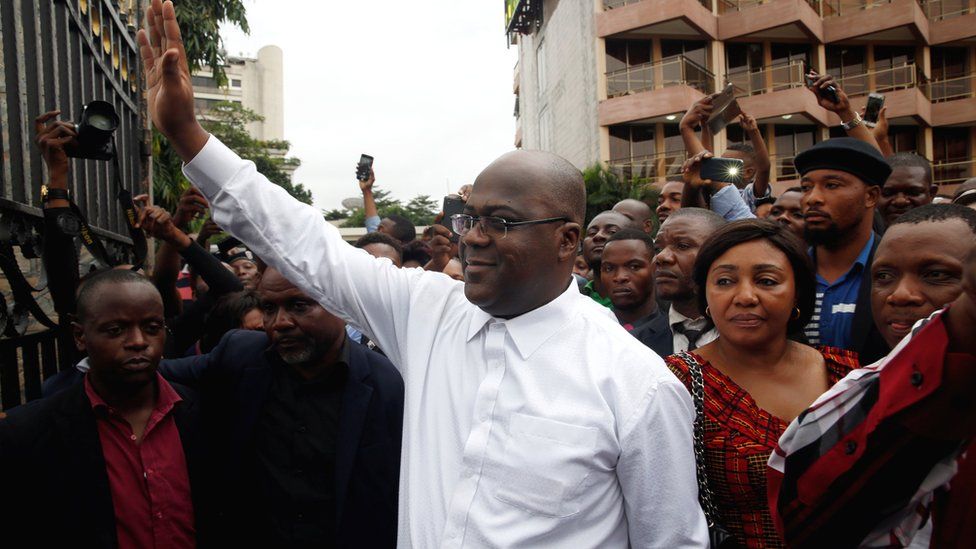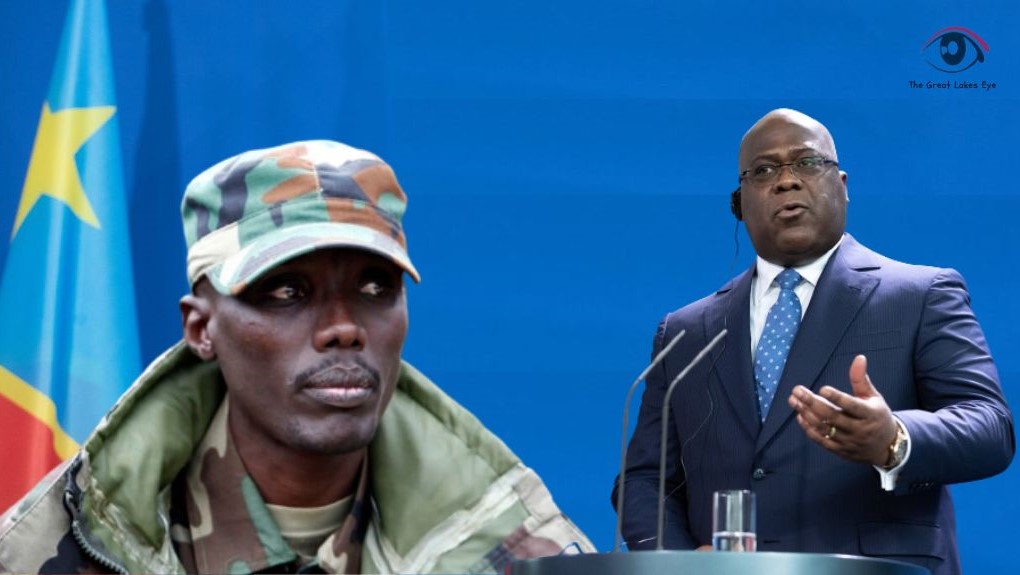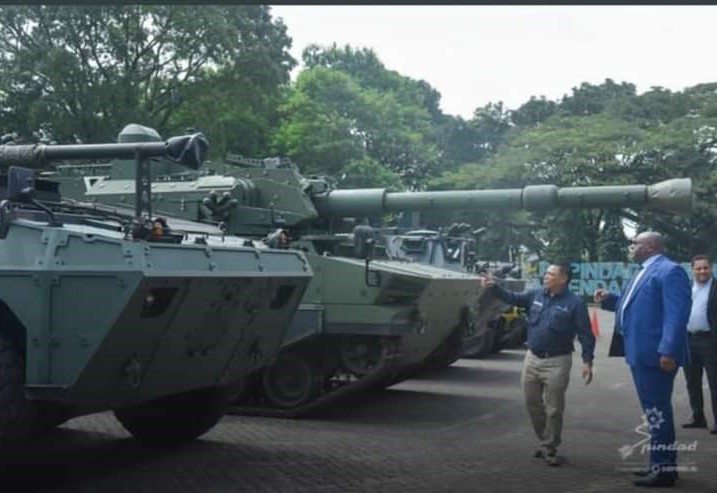Regional
Mass murderer Kayishema finally arrested; who’s next?
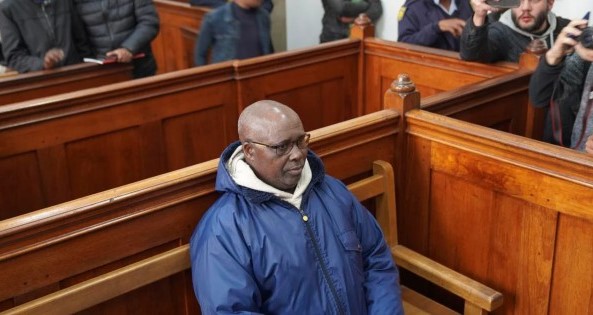
You
can run but you cannot hide, they say. Fulgence Kayishema, one of the world’s
most wanted Rwandan genocide fugitives, was arrested in Paarl, South Africa, on
May 24.
Kayishema
orchestrated the massacre of 2,000 Tutsi at the Nyange Catholic Church, during
the 1994 Genocide against the Tutsi in Rwanda which claimed the lives of more
than one million people within 100 days.
The
International Residual Mechanism for Criminal Tribunals (IRMCT) – established
in 2010 by the UN to perform the remaining functions of the International
Criminal Tribunal for Rwanda (ICTR) following the completion of its mandate – accuses
Kayishema of directly participating in the planning and execution of massacres.
Kayishema
procured and distributed petrol to burn down the church with the thousands of
people inside. When this failed, he used a bulldozer to collapse the church,
burying and killing the Tutsi inside. He then supervised the transfer of
corpses from the church grounds into mass graves.
“His
arrest ensures that he will finally face justice for his alleged crimes.
Genocide is the most serious crime known to humankind… Kayishema’s arrest
demonstrates yet again that justice can be secured, no matter the challenges,
through direct cooperation between international and national law enforcement
agencies,” the IRMCT chief prosecutor, Serge Brammertz said.
Brammertz
noted that the day of Kayishema’s arrest was a day to think of the victims and
survivors of the 1994 Genocide against the Tutsi.
“While
29 years have passed, they continue to bear the physical and mental scars of
their suffering… We will not rest in our efforts to secure justice on their
behalf,” the prosecutor said.
The
investigation leading to Kayishema’s arrest spanned multiple countries globally,
in cooperation with national law enforcement and immigration agencies. The
notorious mass murderer utilized many aliases and false documents to conceal
his identity and presence.
He
relied upon a network of family members, those aligned with the genocidal Hutu
Power ideology, members of the FDLR genocidal group and members of the ex-Forces Armées Rwandaises, or ex-FAR,
the genocidal regime’s army.
Kayishema’s
arrest marks a step forward in searching for remaining genocide fugitives
indicted by the ICTR. He was one of the nine “most wanted” among the 93
genocidaires indicted by the tribunal.
There
is a reward of up to $5 million for information leading to their arrest and
trial.
Others
in the same category are Félicien Kabuga. Nicknamed genocide financier, the
businessman was the founder of RTLM, a hate radio that encouraged the Tutsi
massacres. Kabuga is on trial in The Hague, after being arrested in May 2020 in
Asnières-sur-Seine, France.
Ladislas
Ntaganzwa, former burgomaster of Nyakizu commune in the prefecture of Butare,
was arrested in DRC in 2015 and
extradited to Rwanda in 2016. He was sentenced to life by the High Court
in in Rwanda in May 2020.
Augustin
Bizimana, the Minister of Defense in the interim government during the
Genocide, was confirmed dead in May 2020, based on the ‘conclusive
identification of his remains in a gravesite’ in Pointe Noire, the Republic of
the Congo. It is believed that he died in August 2000.
Protais
Mpiranya, the former commander of Presidential Guards, was confirmed dead in
May 2022. Investigations revealed that he died in October 2006 in Harare,
Zimbabwe.
Pheneas
Munyarugarama, former commandant of Gako Military Barracks, was confirmed dead
in May 2022. It is believed that he died in February 2002 in Kankwala, DRC.
There
are three more such Genocide fugitives still unaccounted for among the nine.
Those are Aloys Ndimbati,
former
mayor of Gisovu commune in Kibuye prefecture; Charles Ryandikayo, former
businessman in Kibuye prefecture and Charles Sikubwabo, former mayor of Gishyita
commune.
Additionally,
more than 1,000 other genocide suspects are still on the run worldwide. Kayishema’s
arrest should send a clear message to all of them.
Following
Kayishema’s arrest, the UN Special Adviser on the Prevention of Genocide, Alice
Wairimu Nderitu, stated that holding perpetrators accountable for their action
is an essential step towards progress in a post-genocidal context.
"When
perpetrators of past atrocities are not held accountable for their action, we
are likely doomed to see history repeat itself," the Special Adviser
noted, underlining the need to end impunity.
Brammertz
hopes Kayishema will be in Rwanda for prosecution in “a few weeks.”



